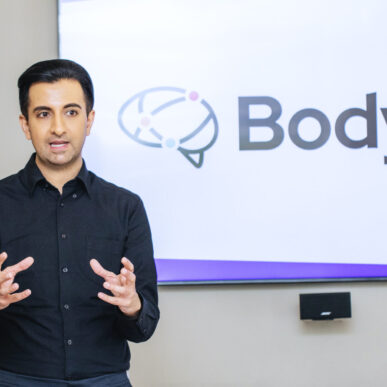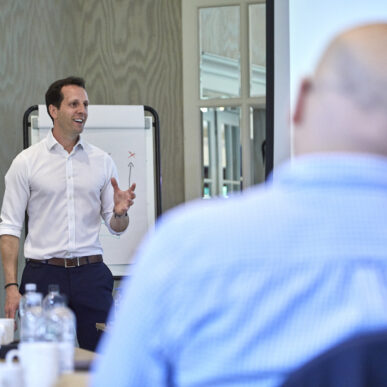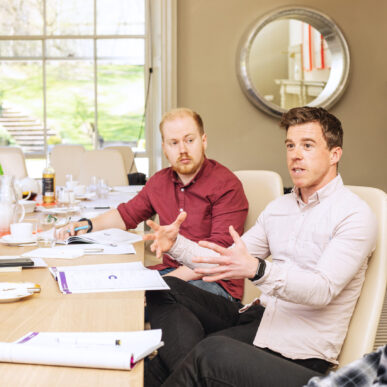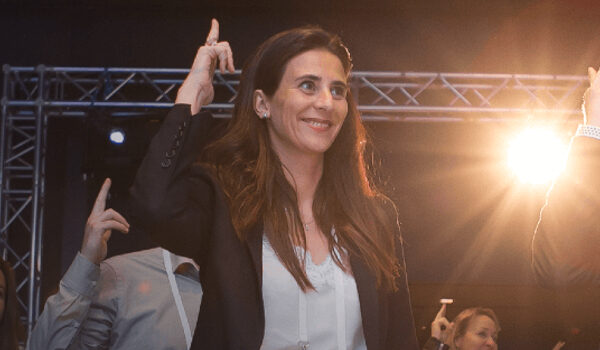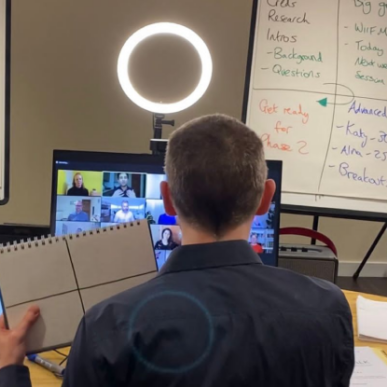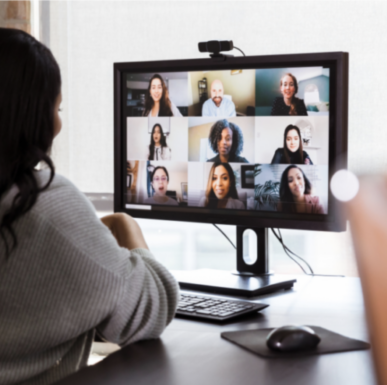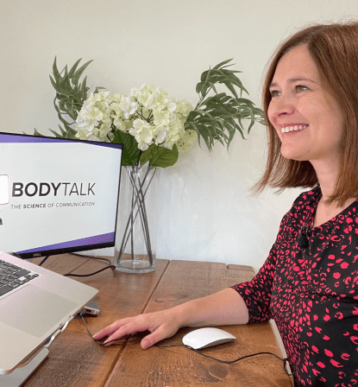This year’s neurodiversity week is in full swing but it begs the question: shouldn’t recognition of our neurodiverse (ND) community be honoured each and every day? These types of events, while well-intentioned, can have the adverse effect of being binary and amplifying the isolation and separation.
But the biggest bugbear of all is the tacit and – sometimes mawkish – insinuation of altruism when neurotypical (NT) people jump on the bandwagon and discuss neuroinclusivity. A benign sense of supportiveness in the workplace, it turns out, is actually pretty futile when it’s just words with no real insight or knowledge behind it.
So what can we do to truly support and involve neurodiverse people in the workplace?
Preparation is key
Most important of all is that a neurodivergent person will know instantaneously if they’re not in an environment that works for them.
Preparation here is key: from the inception of a meeting and letting people know when it is, to ensuring that the set-up is suitable for everyone.
A neurodivergent person will know instantaneously if they’re not in an environment that works for them.
However, considering how best to deliver any content is not black and white – we ALL have individual and valid preferences for how we process information. Let’s consider these each and every time.
It’s time to change the narrative around neurodivergency but can we do this with the limitations of language? If you’re not au fait with ableism and its connotations, then the chances are, you are probably by default, to some extent, ableist.
What is ableism?
Ableism, in its purest form, really boils down to naivety; basically the inability to understand perceived disabilities when you can’t see them. It’s positive discrimination in favour of non-disabled people. Ableism perpetuates a negative view of disability. This isn’t a woke term – it’s time to wake up and see it for what it is.
Navigating the new narrative
The term neuroinclusion feels so rusty and obsolete. Let’s move the story forward and think of it as neuroinvolvement.
So what does this all mean? A quick caveat – rolling your eyes out loud when another colleague receives an ADHD diagnosis because it’s “trendy” is at once offensive but, also, sadly unsurprising because of our culture and the deep-embedded beliefs that are still being perpetuated. Time for a reframe and to make some much-needed changes to the narrative.
Neurodivergency has nothing to do with intellectual capacity or, indeed, emotional intelligence. Quite the opposite in fact.
Where the ND differ to their NT counterparts, they more than compensate in other areas. We must not assume passivity for what is most likely simply a difference in a processing timeline. We live in a society these days where our insatiable desire for quick snappy social media posts has seeped into our everyday lives.
Let’s stop blurring these lines and truly lean into all that neurodivergency offers, rather than focusing on what it apparently lacks.
What it starts with…
To start with, it’s vital to take a moment to recognise the sheer effort and energy that most ND people have had to make just to be in the room. We must not take it for granted that clients or colleagues simply being physically present in a meeting is insignificant in any shape or form.
Think about social events, too. Although for many, a team night out or team building session may be assumed to be “fun”, for a ND person, this is very often the polar opposite. The amount of variables are like an avalanche. Let’s please be kind and make sure that these “extras” are not a mandate in disguise – we need to ensure that anything suggested outside of regular expectations come with the clear, transparent understanding that it’s totally optional.
Making meetings and interactions manageable
And when it comes to the nitty gritty of meetings, are you delivering your content in a way that works for everyone?
How visual/clear are your slides? Are you keeping to the agenda? Have you been explicit and transparent about your expectations in the meeting? In essence, neurodivergence means not diverting from what you said you’d do. If you do need to go off the agenda, be flexible with your expectations.
Establish clear behaviours at the start of the meeting – if the meeting is virtual, having cameras on isn’t always appropriate. For face to face interactions, allow people to have their devices to hand. It is the biggest misnomer that being on your phone/ipad/laptop equates to bad manners and lack of concentration.
This is about ensuring that every single person in that room feels seen, heard and understood. Maybe doodling, writing or simply looking away is someone’s way of being able to focus; it’s not necessarily a sign of disinterest of not being engaged.
What is actually inattentive is being unaware of the needs of those around you. Being unequivocally direct and clear about your expectations with empathy is KIND.
Supporting neurodiverse people in the workplace: a (non-exhaustive!) checklist
- Be aware of and empathise with the needs of those around you
- Make sure any slides you use are clear and visual
- Have a clear agenda and stick to it wherever possible
- Establish clear behaviours in your meeting
- Be prepared to be flexible with your expectations
How YOU can make a difference
What can you do right now to support neurodiverse people in the workplace? Starting from today? Educate yourself. Read up on neurodivergency. LinkedIn is your best friend here – people such as Ellie Midds are trailblazers when it comes to educating a wider audience about neurodivergence. Teach your friends, your family, your loved ones.
Most importantly, though, is to quite simply open your eyes and open your heart to those around you.
What’s seemingly invisible is actually right before your very eyes. We are all surrounded by brilliance but it only shines when there’s balance.
And that’s up to you to seek it out.
If you’d like to learn more about neurodiversity and neuroinclusion watch or listen to our podast with John Boileau from the NHS Transformation Unit. We talk about what neurodiversity is, why it’s important for employers and businesses and how a greater awareness can help your business and team thrive.








